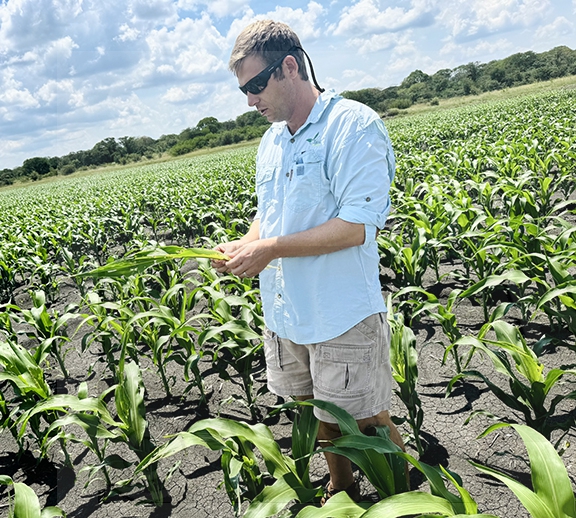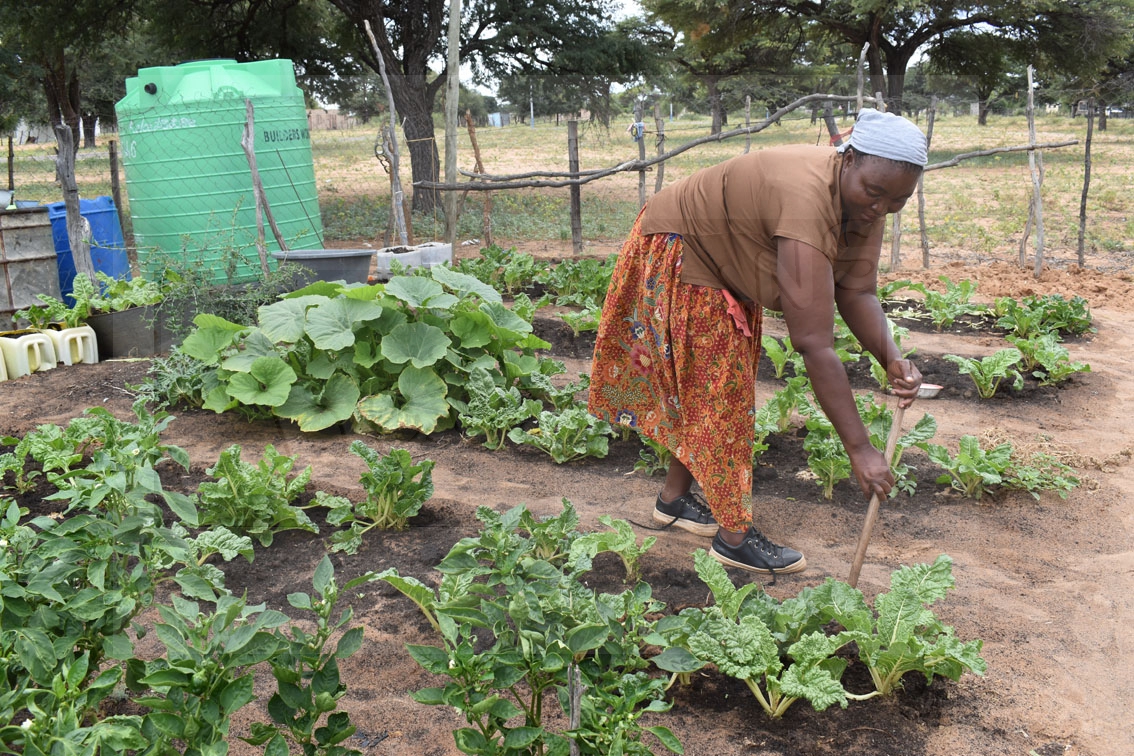IMF projects lower than expected economic growth
27 Aug 2024
Contrary to the initial projection that the economy will grow by 4.2 per cent, the International Monetary Fund (IMF) has indicated that the domestic economy will grow by 1 per cent in 2024.
Speaking at a dinner hosted by Bank of Botswana to commemorate the 17th National Business Conference in Francistown on August 25, Bank of Botswana Governor, Mr Cornelius Dekop said the country’s economic slowdown was a result of three factors, which included the muted global performance where annual growth rates of just above 3 per cent were recorded.
The second, he said, was the recent decline in the diamond market, which impacted production and trade negatively.
He noted that mining production contracted by 6.5 per cent in the year to March 2024 and that diamond trading declined by 42 per cent in the same period.
He said the above two factors were cyclical and would in time manifest in an upturn, adding that being external influences there was little that the country could do about the situation.
Mr Dekop said the third source of weak economic growth was domestic structural constraints, adding that it was more worrying.
He, however, said there were opportunities to respond, but that failure to respond would lead the country to continue to be vulnerable to external and global economic cycles.
The Bank of Botswana governor said the country’s economic resilience would recede because there was no longer any fiscal and external buffers that cushioned the country.
Mr Dekop also said if the country failed to improve its international competitiveness, it would be unable to penetrate external markets and remain dependent on imports.
He noted that the scenario would lead to shortages of goods and high prices.
Mr Dekop said failure to intervene would also result in the perpetuation of social ills of high unemployment, inequality, poverty and a less inclusive economy.
He noted that government revenue mobilisation would be constrained, leading to the perpetuation of structural deficits and reduced capacity to provide infrastructure and services.
He also said the lack of response would constrain the attainment of a high-income economy by 2036 as envisaged, which required an annual growth rate of 6.7 per cent.
Mr Dekop said government had endeavoured to address the challenges and constraints, especially after the advent of COVID-19.
“I reference, in this regard, the National Transformation Strategy 2023-2030, the Transitional National Development Plan and the Economic Recovery and Transformation Plan, as well as pronouncements in the recent State of the State of the Nation Addresses and speeches.”
He added that the Reset Agenda and Mindset Change campaign were also important.
In addition, Mr Dekop said enduring macro-economic and financial stability were crucial, including supportive fiscal, monetary and exchange rate policies.
He said there was suboptimal traction of government economic transformation strategies and initiatives as well as substantial financial commitments and allocation. Ends
Source : BOPA
Author : Sefhako Sefhako
Location : FRANCISTOWN
Event : National Business Conference
Date : 27 Aug 2024





